-
Aromatherapy:
- Add a few drops of Frankincense oil to an essential oil diffuser filled with water.
- Turn on the diffuser and allow the aromatic mist to fill the room, creating a calming and uplifting atmosphere.
- Inhale deeply and enjoy the soothing aroma of Frankincense oil, which can promote relaxation, clarity, and emotional balance.
-
Topical Application:
- Dilute Frankincense oil with a carrier oil such as coconut oil, almond oil, or jojoba oil.
- Apply the diluted mixture to the skin for various benefits, including skincare, muscle relaxation, and massage therapy.
- Target specific areas of concern, such as fine lines and wrinkles, by gently massaging the diluted oil into the skin.
-
Skincare:
- Incorporate Frankincense oil into your skincare routine to promote healthy, radiant skin.
- Add a few drops of Frankincense oil to your facial moisturizer or serum to reduce the appearance of fine lines, wrinkles, and blemishes.
- Use Frankincense oil as a spot treatment for acne-prone areas to soothe inflammation and promote clearer skin.
-
Meditation and Spiritual Practices:
- Enhance your meditation or spiritual practices by incorporating Frankincense oil.
- Diffuse Frankincense oil during meditation to create a sense of sacred space and promote focus, mindfulness, and inner peace.
- Apply Frankincense oil to pulse points or the third eye chakra to deepen your connection to the spiritual realm and enhance spiritual awareness.
-
Skincare:
- Anti-aging: Frankincense oil contains compounds that may help reduce the appearance of fine lines, wrinkles, and other signs of aging by promoting skin regeneration and improving elasticity.
- Acne Treatment: Its anti-inflammatory and antibacterial properties may help reduce acne inflammation and prevent bacterial growth, making it useful for treating acne and blemishes.
-
Respiratory Health:
- Congestion Relief: Inhalation of frankincense oil vapors may help alleviate respiratory congestion, relieve coughing, and promote clearer breathing, making it beneficial during colds, flu, or seasonal allergies.
-
Mood Enhancement:
- Stress Reduction: The aromatic properties of frankincense oil are believed to have calming and grounding effects, helping to reduce stress, anxiety, and nervous tension, and promote relaxation and mental clarity.
-
Pain Relief:
- Anti-inflammatory: Frankincense oil's anti-inflammatory properties may help reduce inflammation and alleviate pain associated with conditions such as arthritis, muscle soreness, and joint pain.
-
Skin Irritation: Applying undiluted or highly concentrated frankincense oil directly to the skin can cause irritation, redness, itching, or a burning sensation. Always dilute frankincense oil with a suitable carrier oil before topical application to minimize the risk of skin irritation.
-
Allergic Reactions: Some individuals may be allergic to components found in frankincense oil, such as alpha-pinene or limonene. Allergic reactions can range from mild skin irritation to more severe reactions, including rash, hives, or contact dermatitis. Perform a patch test before using frankincense oil topically, especially if you have a history of allergies.
-
Respiratory Irritation: Inhaling concentrated frankincense oil vapors directly from the bottle or diffuser for an extended period may cause respiratory irritation, especially in individuals with asthma or other respiratory conditions. Use frankincense oil in a well-ventilated area and avoid prolonged exposure to high concentrations of the oil.
-
Eye Irritation: Avoid contact with the eyes when using frankincense oil, as it can cause irritation, redness, or stinging if it comes into direct contact with the eyes. If accidental exposure occurs, flush the eyes with water immediately and seek medical attention if irritation persists.
-
Skin Sensitivity: Frankincense oil is potent and can cause skin irritation, especially when used undiluted or in high concentrations. Always dilute frankincense oil with a suitable carrier oil, such as coconut oil or jojoba oil, before applying it to the skin. Perform a patch test on a small area of skin to check for any adverse reactions before widespread use.
-
Allergic Reactions: Some individuals may be allergic to components found in frankincense oil, such as alpha-pinene or limonene. If you have known allergies to other essential oils or plant-based products, use frankincense oil with caution and monitor for any signs of an allergic reaction, such as rash, itching, or swelling.
-
Avoid Eye Contact: Frankincense oil can cause irritation if it comes into contact with the eyes. Avoid applying frankincense oil near the eyes, and if accidental exposure occurs, flush the eyes with water immediately. Seek medical attention if irritation persists.
-
Respiratory Sensitivity: Inhaling concentrated frankincense oil vapors directly from the bottle or diffuser for an extended period may cause respiratory irritation, especially in individuals with asthma or other respiratory conditions. Use frankincense oil in a well-ventilated area and avoid prolonged exposure to high concentrations of the oil.
-

22354205.jpg) Wellness
Wellness EYES
EYES Wellness
Wellness ACR
ACR BEST PRODUCT
BEST PRODUCT Hair Oil
Hair Oil Immunity
Immunity Health Related Issues
Health Related Issues abc
abc Hair Fall
Hair Fall Sensuality
Sensuality Hair oil
Hair oil Hair Growth
Hair Growth NFC
NFC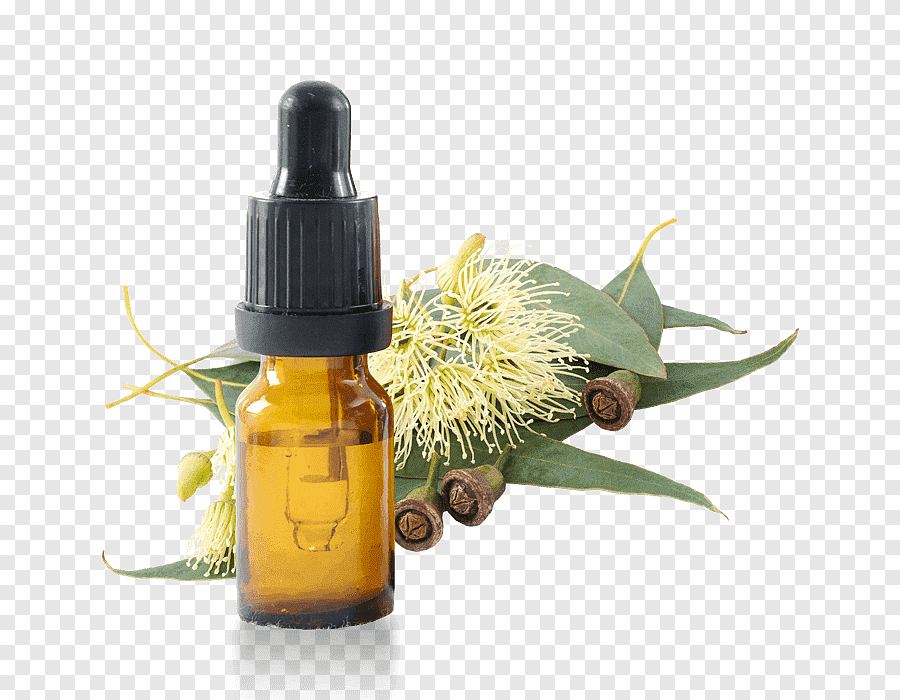 Health Related Issues
Health Related Issues






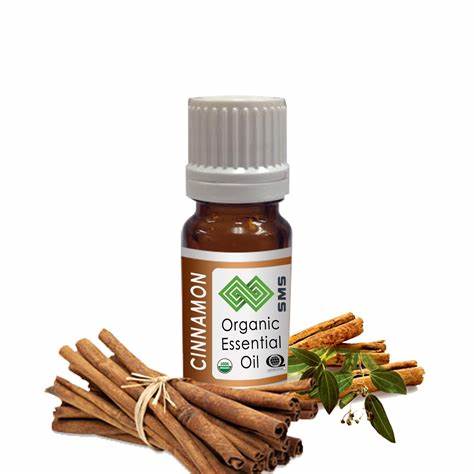
















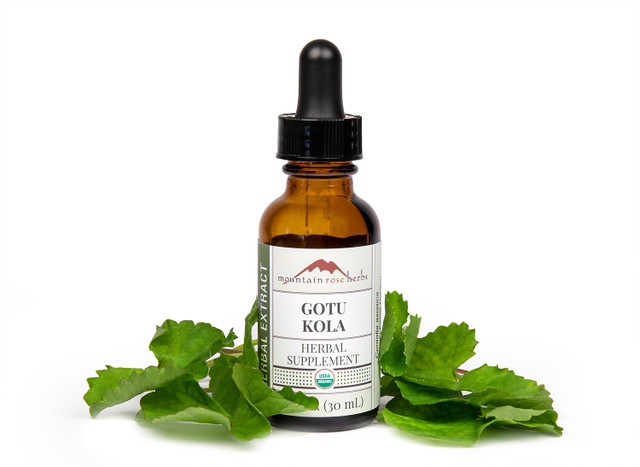
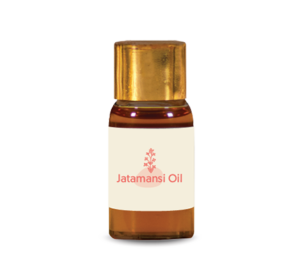
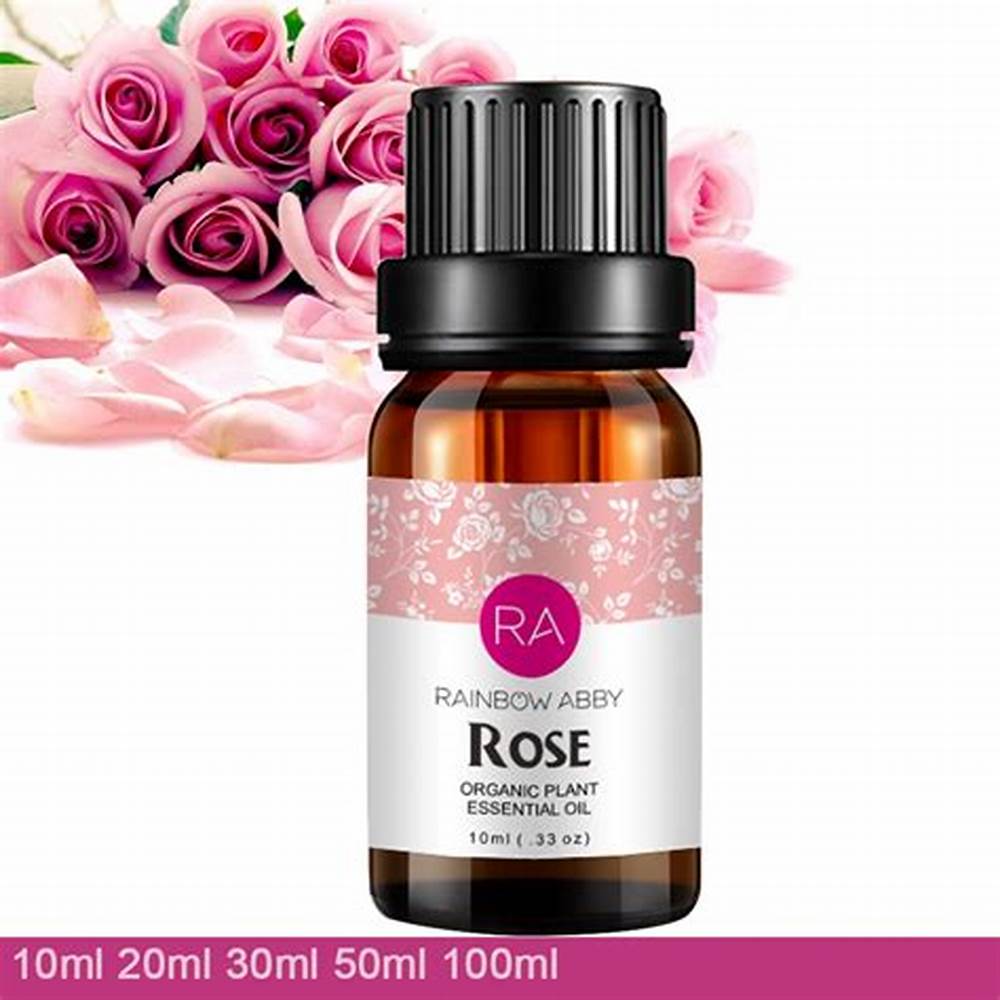
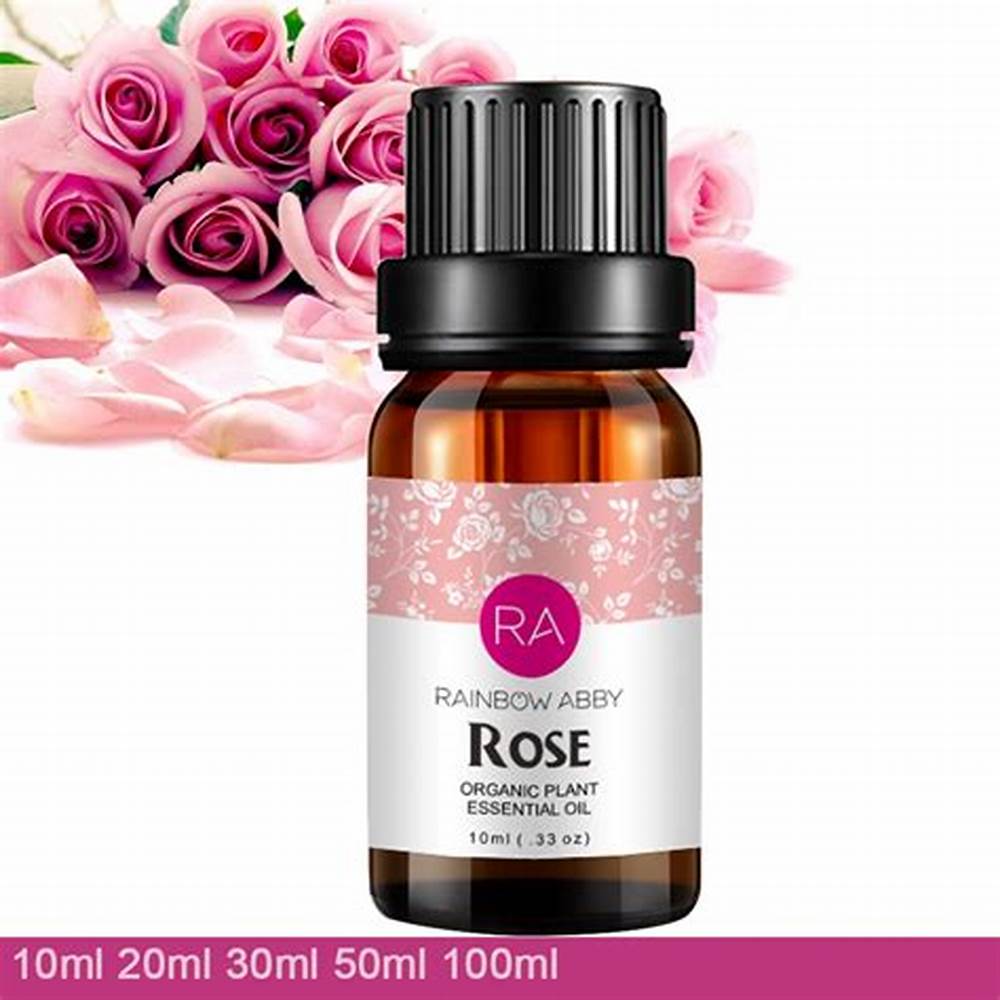


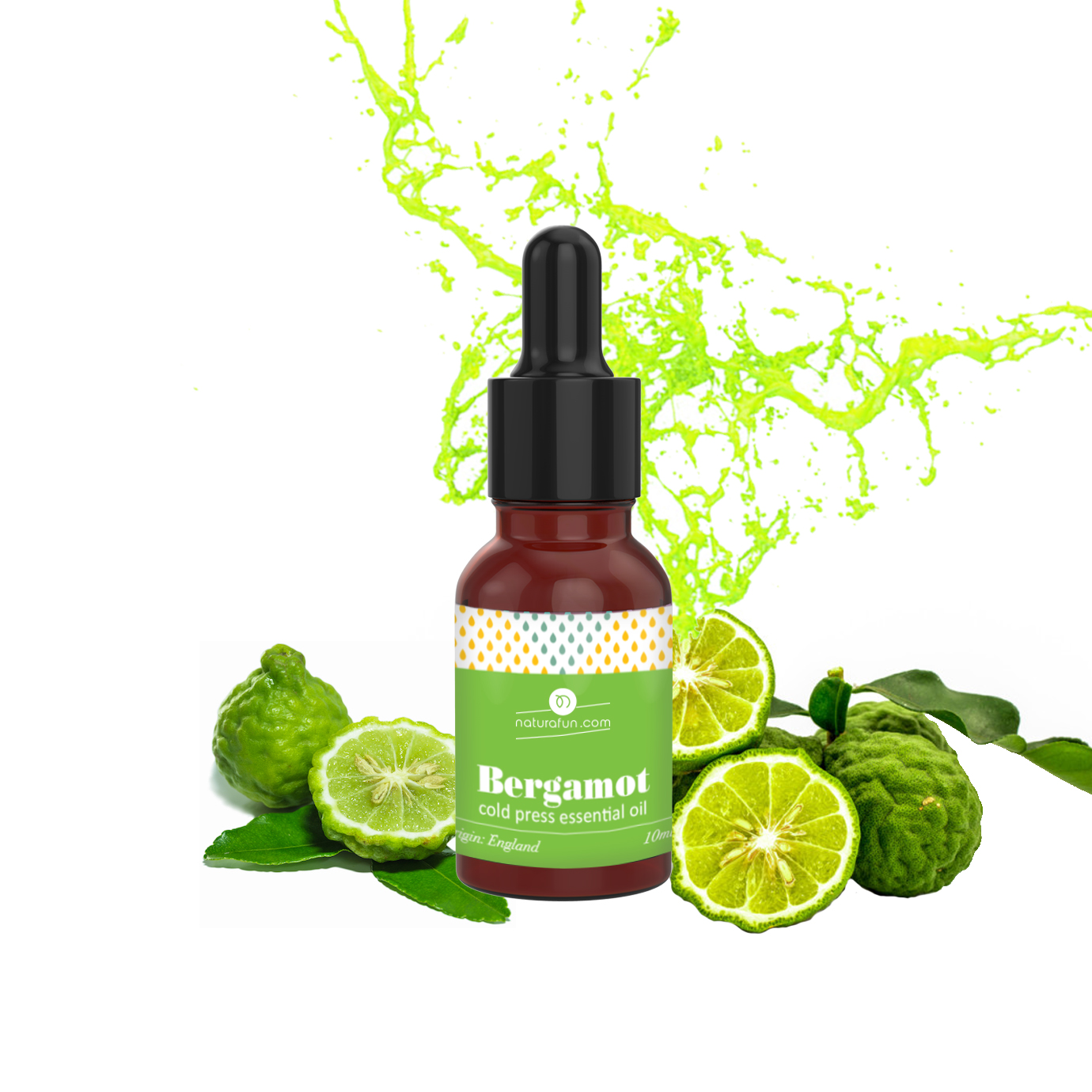

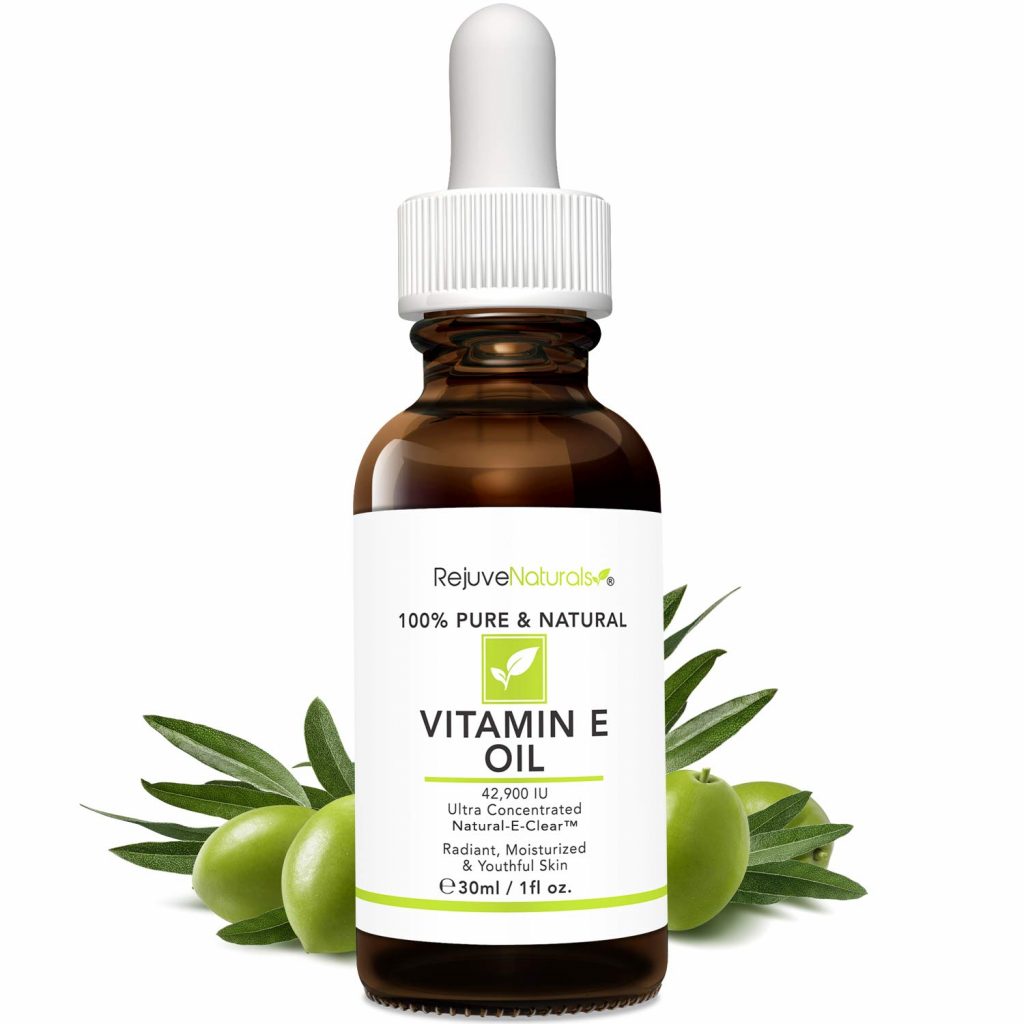

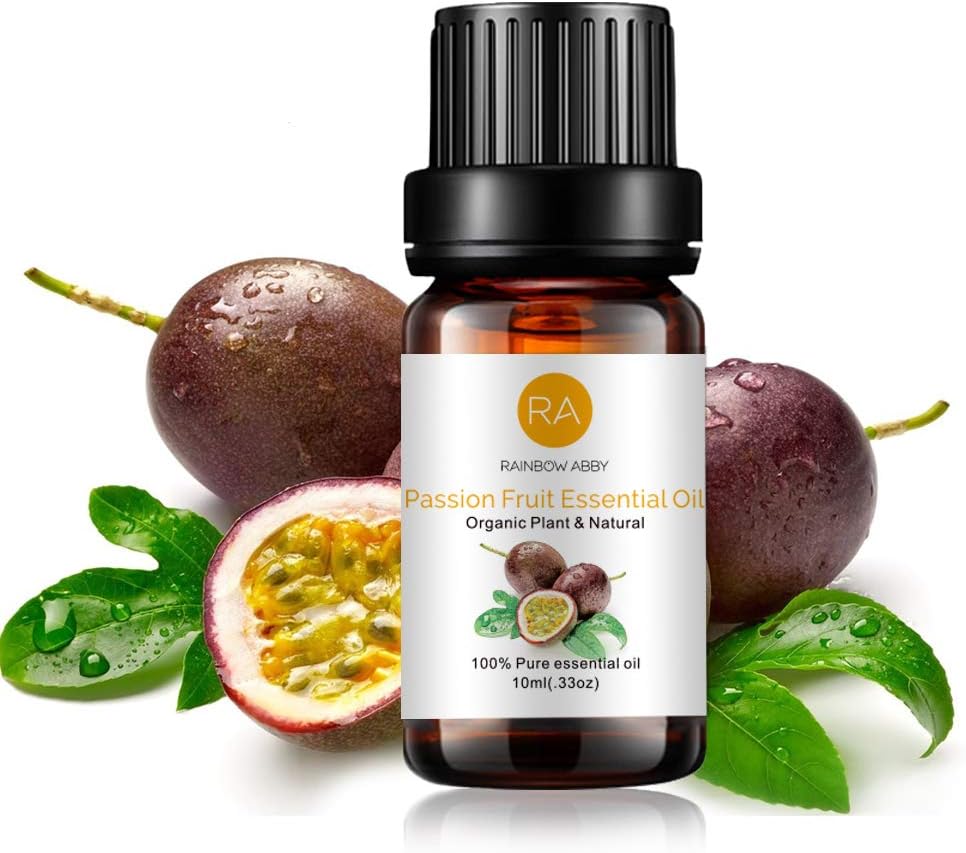





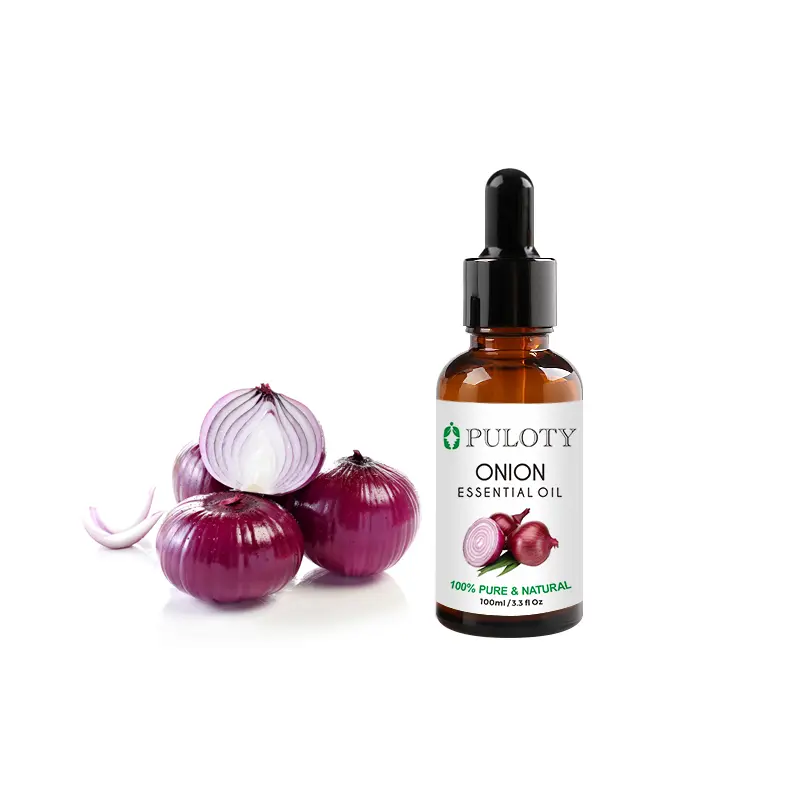
24394239.png)






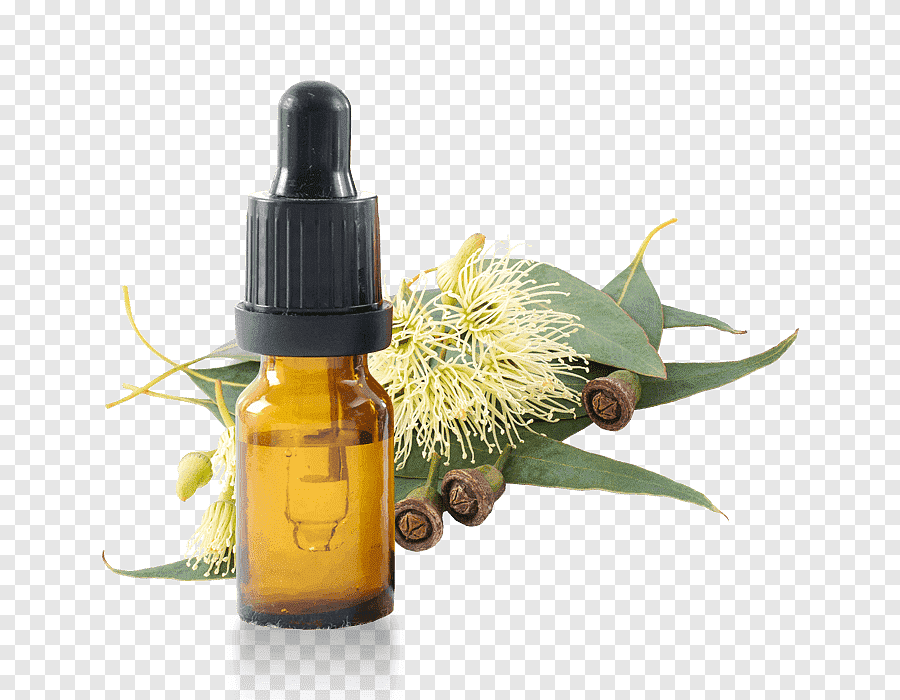




22354205.jpg) Lower
Lower abc
abc wellness
wellness Hair Fall
Hair Fall Skin Care
Skin Care Sensuality
Sensuality Carry
Carry Hair oil
Hair oil Gray to Black
Gray to Black Hair Growth
Hair Growth Sexual Wellness & Sensuality
Sexual Wellness & Sensuality NFC
NFC Lavender
Lavender Health Related Issues
Health Related Issues Natural Herbs
Natural Herbs Immunity
Immunity Joints Pain
Joints Pain Diabetic Issues
Diabetic Issues Skin,Fever,Cancer
Skin,Fever,Cancer Heart Related Issues
Heart Related Issues
Customer questions & answers
Customer reviews
4.8 out of 5